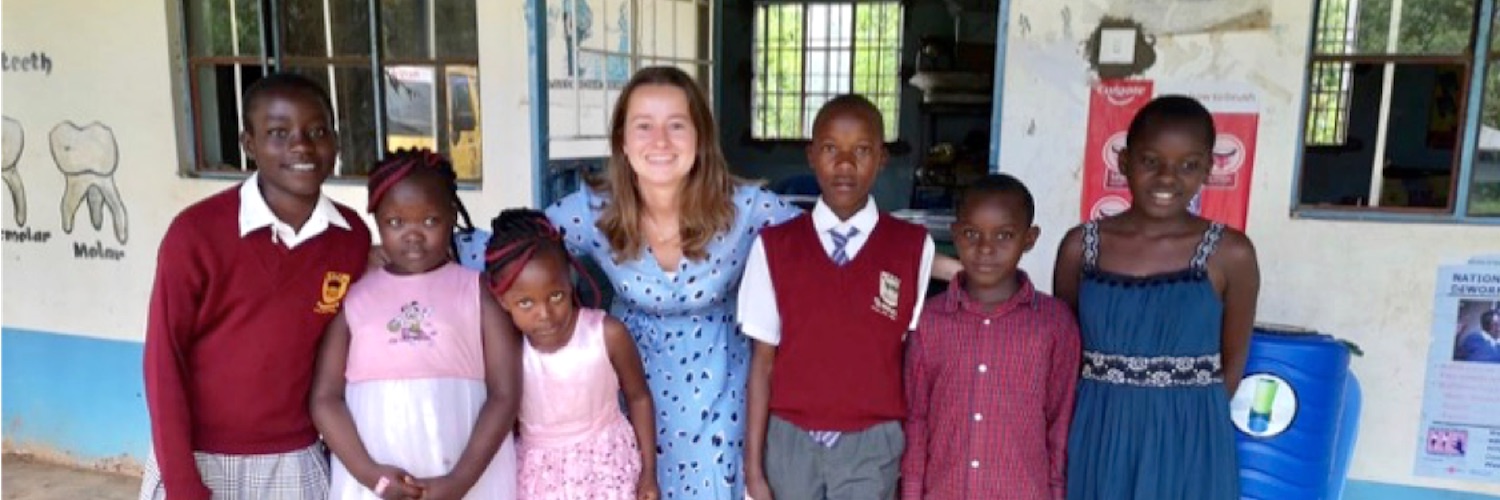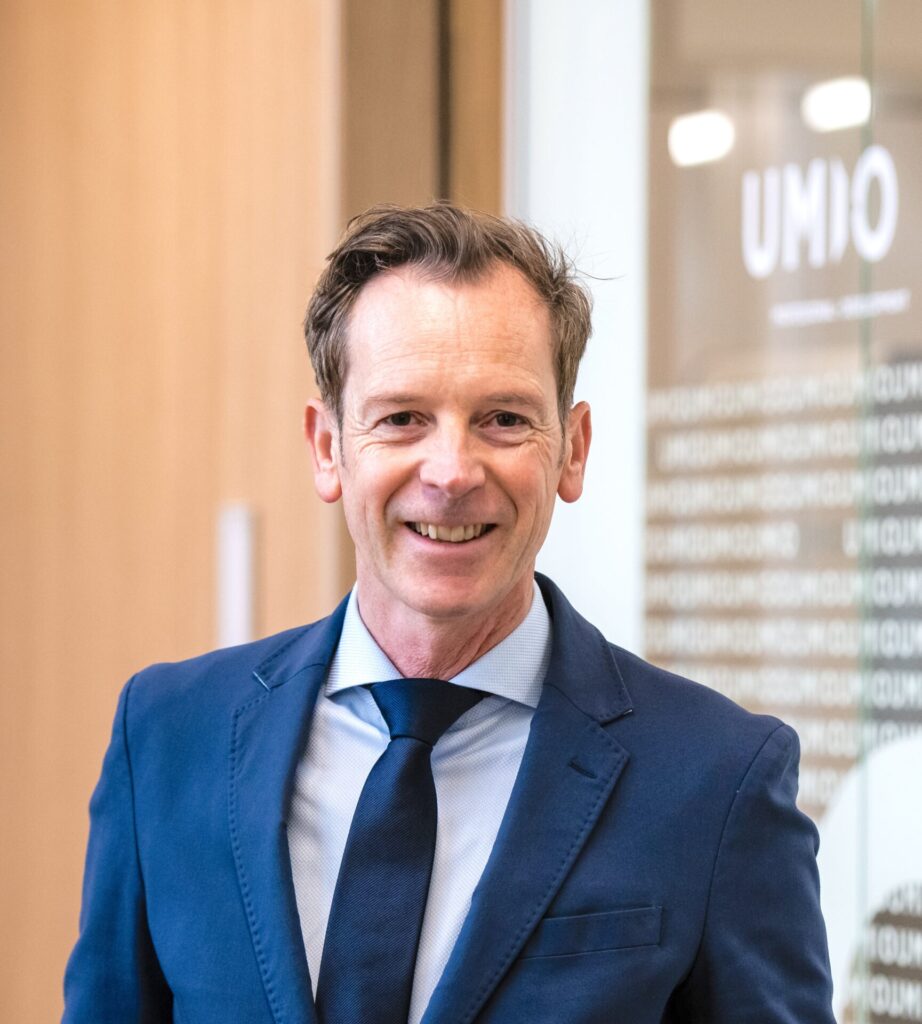Can we change children’s hygiene behaviour for the good and make handwashing a beautiful ritual?
Yes we can.
Hand washing with soap is one of the simplest ways to help keep children healthy. Hand hygiene is also one of the prioritized topics on public health agendas worldwide. The World Health Organization raised awareness of the importance of hand hygiene and its impact in preventing the spread of infectious diseases through campaigns such as “Clean Hands Save Lives”. Yet, according to UNICEF, today we see nearly 900 million children who have either limited or no hand washing service at their school and a staggering 47% of schools worldwide do not have handwashing facilities with soap and water.
Behaviour changes that really work
The Handwashing Angels initiative has been brought to life by Maastricht University | UMIO, Diversey, and Benthurst & Co under the flag of the social engagement programme. Edward Huizenga, Professor in Strategy, Innovation and Change at UMIO | Maastricht University who is the initiator of the programme, remarks, “It is our belief that a passionate team effort leads to behaviour change for the good that really works”. It is designed to help children in developing countries improve their daily hygiene using a ‘blue & behaviour’ child hand soap.
Most children in developing countries haven’t been raised with hand washing as a priority. Even with the increase in the accessibility of water and soap, it seems difficult to change habits and increase hand hygiene. Determined to break that vicious circle, a global team took a behaviour point of view to build hand hygiene into a daily routine for young children. The team started the ‘Hand Washing Angels’ initiative in late 2019 with a ‘blue and behaviour’ design that involved over 4.000 handwashing moments with children at the Royal Gate School, in Bondo Kenya.
7 steps to changing habits for the long-run
With the help of Diversey, a tailor-made prototype of blue foaming hand soap was developed to provide a new sensorial experience that increased the visibility of the hand washing process. In parallel, a 7-step hand washing motivation approach was developed. The global team included nudging and behavior change techniques, applied them to hand washing, and put a habit building mechanism in place to make daily hygiene habits become a reality. Furthermore, the field study showed children’s excitement extended to the family behaviour at home which was a real game changer.
Children taking the initiatives back home
Based on the surveys done, the children’s response to the initiative was the most significant;
“All the kids told us that they would wash their hands like this at home. Additionally, every kid was excited to show what they had learnt to their families at home. If they actually follow through on this, that would mean that the Handwashing Angels project does not just create a habit of good behaviour for the kids in the project, but has a far wider reach: all the way to the family members at home!”
Based on the positive outcomes of this pilot at the end of 2019, the team is now aiming to scale it up across schools on the African continent soon, starting in Uganda. Paul Blankers, one of the team members who witnessed the full pilot at Royal Gate School remarked, “Helping them was nice, empowerment is what they need right now”. The development of the COVID-19 global pandemic, just a few months after the pilot was concluded, highlights the vital importance of making hand washing part of the daily routines among children all over the world and will hopefully help prevent infections.
More information? Please reach out to Edward Huizenga at e.huizenga@maastrichtuniversity.nl.
FACTS
Diarrhea kills nearly two million people worldwide each year, out of which 1.5 million are children. Nearly 90% is attributed to spoiled water and poor hygiene. A staggering 47% of schools worldwide do not have hand washing facilities with soap and water.



